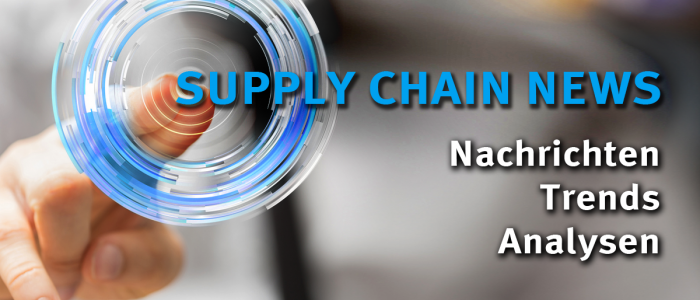Asian battery manufacturers are conquering Europe
Author: Dimitri Lagun
Date: 02.07.2018
Nine out of ten cars are already running on Asian batteries
Currently, nine out of ten electric cars are powered by Asian batteries. “We can no longer tolerate this dependency,” says Maroš Šefčovič, EU Energy Commissioner and shows his concern for the approximately 12 million employees in Europe’s automotive industry. After all, the battery accounts for around 40 percent of the added value and thus forms the heart of every electric car.
For the Energy Commissioner it is clear that Europe needs to strengthen this industry and produce by themselves. The dominant battery cell makers like Samsung, Panasonic and BYD should finally get European competitors and thus lose their monopoly position. Generous grant funds are already available for implementation. However, there is still a lack of initiatives that are committed to start-ups in this area. Currently there are three: Northvolt, Saft and TerraE.
The big companies in the industry, such as Bosch, have been more reluctant to invest billions in lithium-ion cells. Due to a lack of alternatives, the German automakers have no choice but to cooperate with the Chinese and South Koreans. These are lured to Europe and further expand their superiority here. For example, the South Korean group LG Chem builds in Poland and competitor Samsung has built its factories in Hungary.
“We have just awarded a billion contract to the Chinese battery manufacturer CATL” says BMW CEO Harald Krüger. In return, the largest Chinese battery manufacturer plans to build a factory in Thuringia from which batteries will be delivered to the BMW plant in Dingolfinge. From 2021, the new BMW electric model “iNext” shall be built there.
However, Krüger does not want to be completely dependent on the Asians and has therefore considered a middle course: Although BMW buys the technology in a first step they invest around 200 million euros in their own battery cell research at the same time.
But that’s not enough for politicians like Šefčovič and Chancellor Angela Merkel. Instead, Merkel’s plan is to form an own alliance for the production of battery cells. “We have to make a strategic decision on the battery cells. We must not give up such key industries”the Chancellor said this week at a meeting of digital platform “ada” in Berlin.
“I can understand that Bosch does not do it alone” says Roman Zitzelsberger, head of IG Metall in Baden-Württemberg and calls for a European industrial consortium. With facilities like the Fraunhofer or Helmholtz Institutes, Germany already has a lot of expertise in the battery sector. “We have to bundle this competence. Otherwise, we are now researching the next cell generation – but then others produce them again” says the trade unionist.
For BMW CEO Krüger, the only thing that comes into question is a competitive consortium, but it does not look like this so far. Even lithium-ion cells can become easily replaceable mass-products like solar modules. However, the situation is not comparable for Zitzelsberger and he expects that it will come to “bottlenecks” with battery cells in future.
And this concern is not unfounded. The need for batteries is getting bigger and bigger. In 2016 it were only 60 gigawatt hours, in 2026 it could already be 900 gigawatt hours.
Meanwhile the automakers put all their hopes on the next generation of batteries, the solid cells. These offer a big advantage because they can almost double the range of a car.
To make the technology more popular, VW is currently investing a hundred million euros in the Californian Company QuantumScape. However, it will probably take some time before the first production plant is set up – probably until 2025.



Comments are closed.